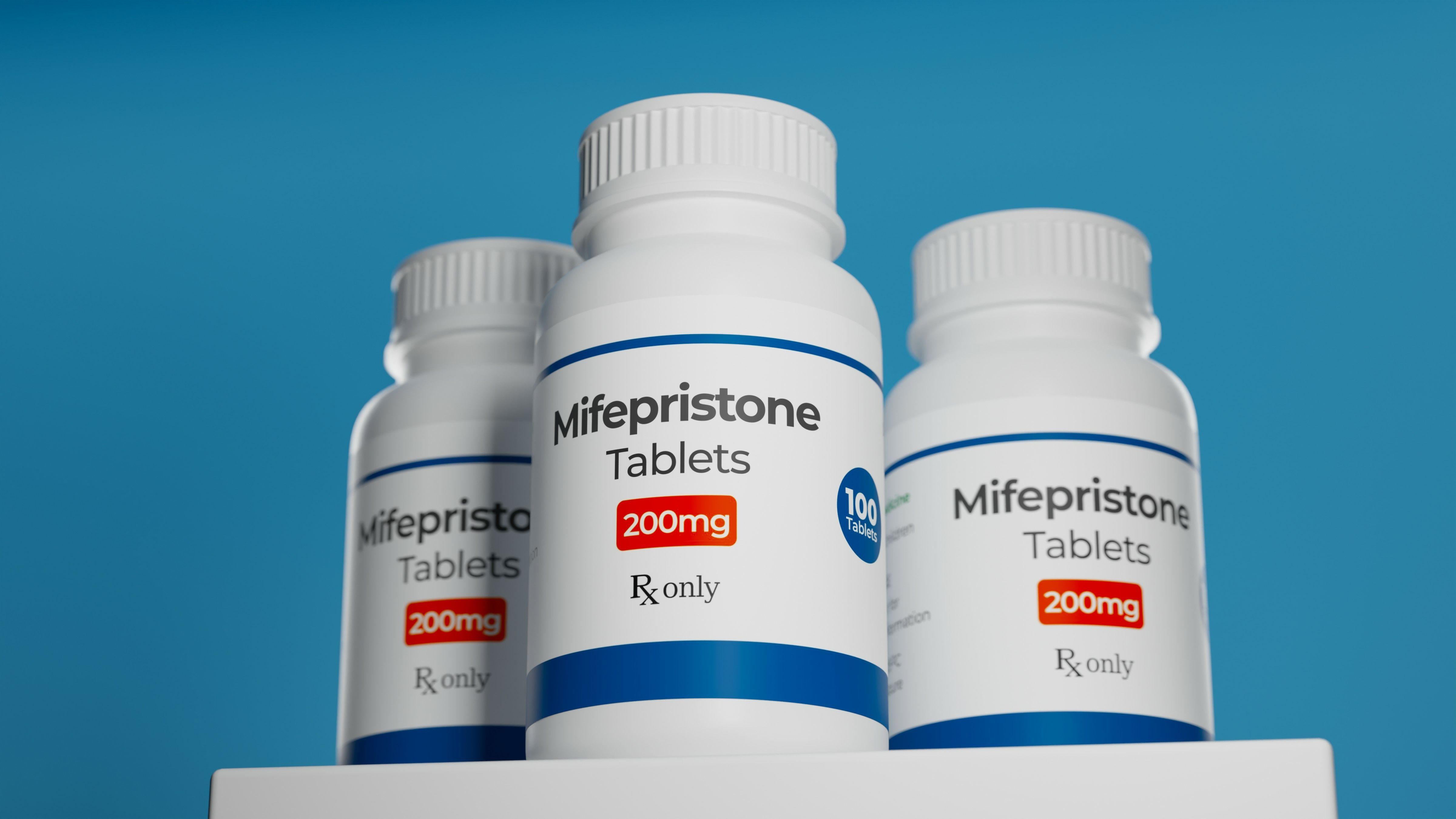Blog
History-based screening accurately identifies eligibility for medication abortion

History-based screening accurately identifies eligibility for medication abortion | Image Credit: © Carl – © Carl – stock.adobe.com.

History-based screening protocols have high efficacy for ensuring medication abortion is rarely provided to ineligible patients, according to a recent study published in the American Journal of Obstetrics & Gynecology.
Sixty-three percent of US abortions are medication abortion, with rapid expansions of clinician support following the removal of a requirement for mifepristone to be dispensed in person. Contraindications rates are low, with the exception of gestational duration over 70 or 77 days.
“Prior evidence demonstrates that abortion patients can accurately report gestational duration without ultrasound or physical examination, especially when using an expanded set of screening questions beyond the date of the last menstrual period (LMP),” wrote investigators.
Survey and screening criteria
The study was conducted to compare a clinician’s assessment of patient eligibility for medication abortion with that of survey questions discussing contraindications. Participants were recruited from Florida, California, Arizona, Iowa, North Dakoto, Illinois, Pennsylvania, and Tennessee.
Patients were aged at least 15 years and were seeking abortion care without a prior ultrasound at the facility of recruitment. An advisory board including 3 medical and 5 nonmedical experts was consulted to develop survey questions to determine the eligibility of these individuals.
Questions about respondents’ LMP, number of weeks gestation, and date of gestation were used to measure gestational duration. Patients responding “I don’t know” or skipping one of these questions were considered ineligible for medication abortion.
Ectopic pregnancy and clinician assessments
Ectopic pregnancy risk was determined by questions asking about unexplained bleeding, current intrauterine device use, and prior ectopic pregnancy diagnoses. Questions about sociodemographics and pregnancy history were also included in the survey. Respondents selecting “Not sure” for a contraindication were considered ineligible except during sensitivity analyses.
Eligibility was assessed by clinicians using a standardized form during or after their clinical encounter. Alongside detailing ultrasound findings, clinicians reported whether patients were eligible for immediate medication abortion, and if not, explained the reasons for ineligibility.
In cases with concern for ectopic pregnancy, additional clinical details were obtained to determine intrauterine pregnancy, miscarriage, or ectopic pregnancy. Medication abortion criteria varied between clinics, including some contraindications and gestational duration criteria. Codes were developed to explain reasons for ineligibility.
Ineligibility and contraindications
There were 1386 participants aged a median 26 years included in the final analysis, 32.5% of whom were non-Hispanic Black, 28.9% Hispanic, and 28.7% non-Hispanic White. Nulliparity was reported in 42.1%.
An intrauterine pregnancy was reported in 95.4% of participants, while 2.5% needing further evaluation to determine ectopic pregnancy. Being ineligible for medication abortion was reported in 22.1% based on clinician evaluation. In 74.2% of these cases, a gestational duration over 77 days based on ultrasound was the reason for ineligibility.
Other reasons for ineligibility included anemia in 11.4%, negative pregnancy test result in 6.5%, possible ectopic pregnancy in 3.9%, suspected miscarriage in 4.9%, and other medical contraindication in 2.6%. In comparison, 68.8% of patients were indicated as ineligible for medication abortion when including all criteria on the survey.
Reasons for ineligibility in survey respondents included unexplained pain during pregnancy in 55.5% of cases, gestational duration over 77 days in 36.5%, anemia in 29% and unexplained bleeding in 26.2%. Ectopic pregnancy risk factors were reported in 48.4%.
Accuracy and sensitivity of screening models
When using the full set of eligibility criteria, an accuracy of 0.65 was reported based on survey responses. The sensitivity was 92.2% and the specificity was 37.8%. An increase in accuracy to 0.71 was reported when removing unexplained pain as an ineligibility criteria, with a sensitivity of 89.5% and specificity of 53%.
In sensitivity analyses including patients responding “Not sure” on survey questions, the accuracy was 0.67, with a sensitivity of 89.5% and specificity 45.3%. Overall, the results highlighted few instances of incorrect self-screening for medication abortion, supporting these models.
“However, frequent and incorrect self-screening as ineligible could prevent people from accessing care, especially in settings where facility-based care is no longer available,” wrote investigators.
References
- Ralph LJ, Ehrenreich K, Kaller S, et al. Accuracy of survey-based assessment of eligibility for medication abortion compared with clinician assessment. Am J Obstet Gynecol. 2025;233:44.e1-15. doi:10.1016/j.ajog.2025.01.008
- Raymond EG, Grossman D, Mark A, et al. No-test medication abortion: A sample protocol for increasing access during a pandemic and beyond. Contraception. 2020;101(6):361-366. doi:10.1016/j.contraception.2020.04.005











